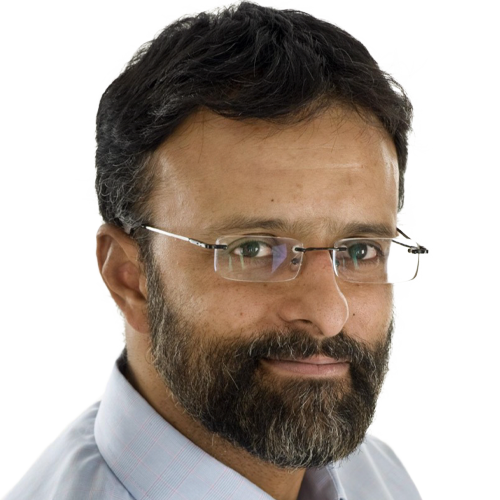25
Feb
2021
16:00
GMT
Webinar
The New Era in AF Screening at Home
-
Views:
 7515
7515
-
Likes:
 17
17
Overview
Atrial fibrillation (also called AFib) is the most common form of irregular heart rhythm that often occurs with hypertension and could lead to a stroke if left unchecked. For people already measuring blood pressure at home as part of their hypertensive care, regular electrocardiogram (ECG) screening can help to identify heart rhythm irregularities that can lead to more serious cardiac problems.
People with high blood pressure have a higher risk—40% in women and 50% in men—of atrial fibrillation (AFib), both of which are leading identifiers of stroke.1 AFib is associated with a 5x greater risk of stroke, but effective treatment may reduce this risk.2-4 In the early stages of AFib, the condition recurs less frequently and is more difficult to detect. For many people, AFib is currently undetected and therefore untreated. Up to 50% of AFib cases present with no subjective symptoms, making it unlikely to detect in an annual physical exam.5
Along with daily blood pressure measurements, screening and diagnosing with a single-lead electrocardiogram (ECG) is recommended in medical guidelines of the European Society of Cardiology (ESC) to help increase AFib detection rates, which may reduce the risk of stroke through earlier treatment.6
Faculty:

Bernd Sanner

Keitaro Senoo

Faizel Osman
This webinar is supported by

Agenda
Learning Objectives
- ESC 2020 guidelines for atrial fibrillation and the use of one lead ECG devices
- Insights on the effect of AF for patients if not diagnosed/treated in time
- How patients can benefit from new tools for screening AF
Audience
- This webinar aims to engage cardiologists, specialized in atrial fibrillation, GPs and internist.
Faculty Biographies

Bernd Sanner
Prof Dr med Sanner studied in Frankfurt, Germany, and Chicago, USA. Specialising in Internal Medicine, Cardiology, Pulmonary Medicine, Intensive Care Medicine, and Sleep Medicine. Hypertension Specialist (ESH). Prof Sanner is a Professor of Medicine and a Chief Physician in Wuppertal, Germany.

Keitaro Senoo
Assoc Prof Senoo is currently conducting clinical research on atrial fibrillation (AF) as a senior lecturer at Kyoto Prefectural University of Medicine (KPUM). Recently, he is interested in the introduction of Internet of Things (IoT) within the medical field, such as screening tests using wearable devices and diagnostic support using Artificial Intelligence (AI). He also conducts AF ablation and device therapy as an EP doctor in the KPUM hospital.
Dr. Senoo studied in University of Birmingham, UK and worked with Professor Lip between 2014 to 2016 and has published AF papers until now.

Faizel Osman
Prof Osman is Consultant Cardiologist / Electrophysiologist, University Hospital Coventry, UK, Honorary Professor of Cardiology (Warwick Medical School)
Lead for Cardiac Rhythm Management Several research interests in the field of arrhythmia, including CRT response, AF and Ablation.
Special interest: Cardiac Electrophysiology: Atrial Fibrillation, SVT, Atrial Flutter, Ventricular Arrhythmias Complex Devices: ICD, CRT Bradycardia Pacemakers Leadless Pacemakers Device Extractions.
He holds specialist accreditations from several organisations including Heart Rhythm UK, International Board of Heart Rhythm Examiners (US) and the European Heart Rhythm Association (EHRA).





